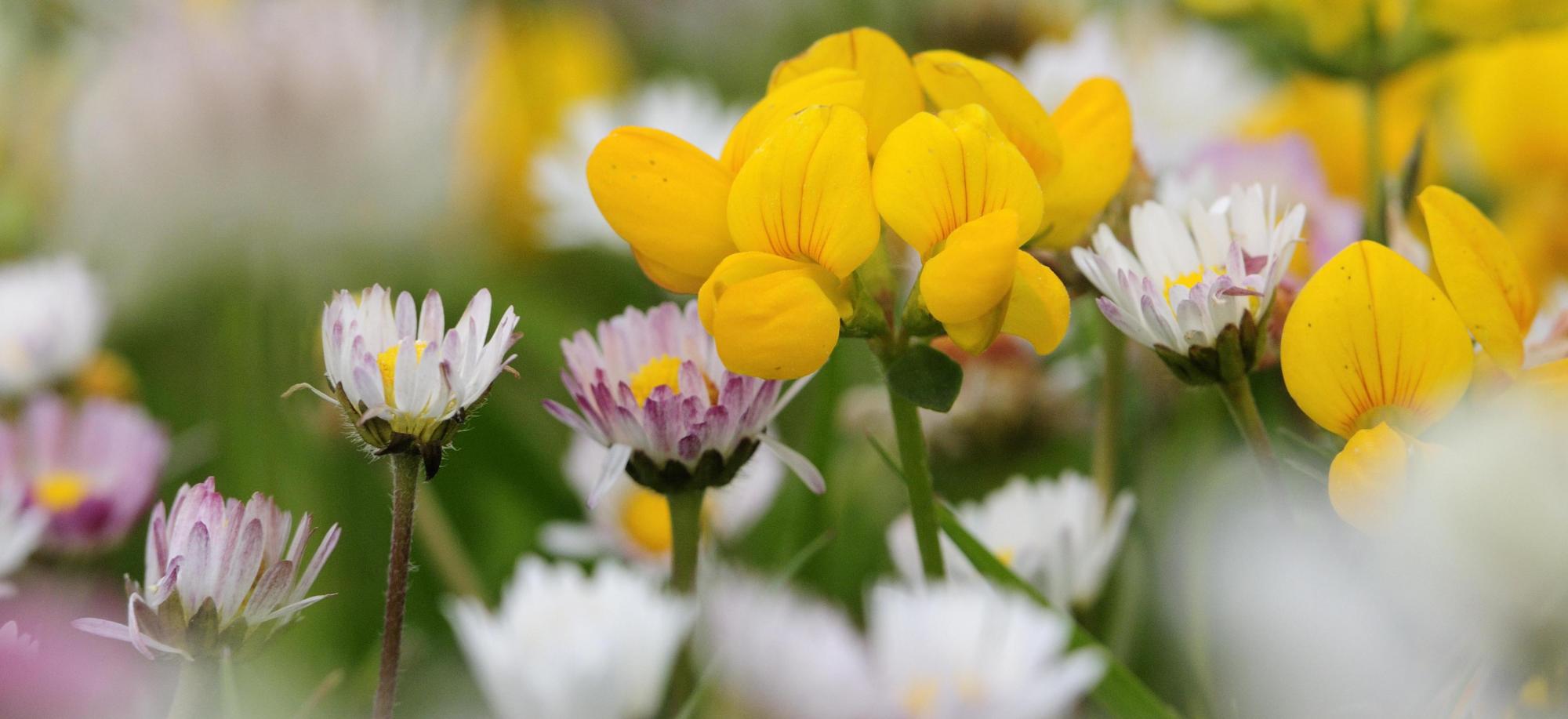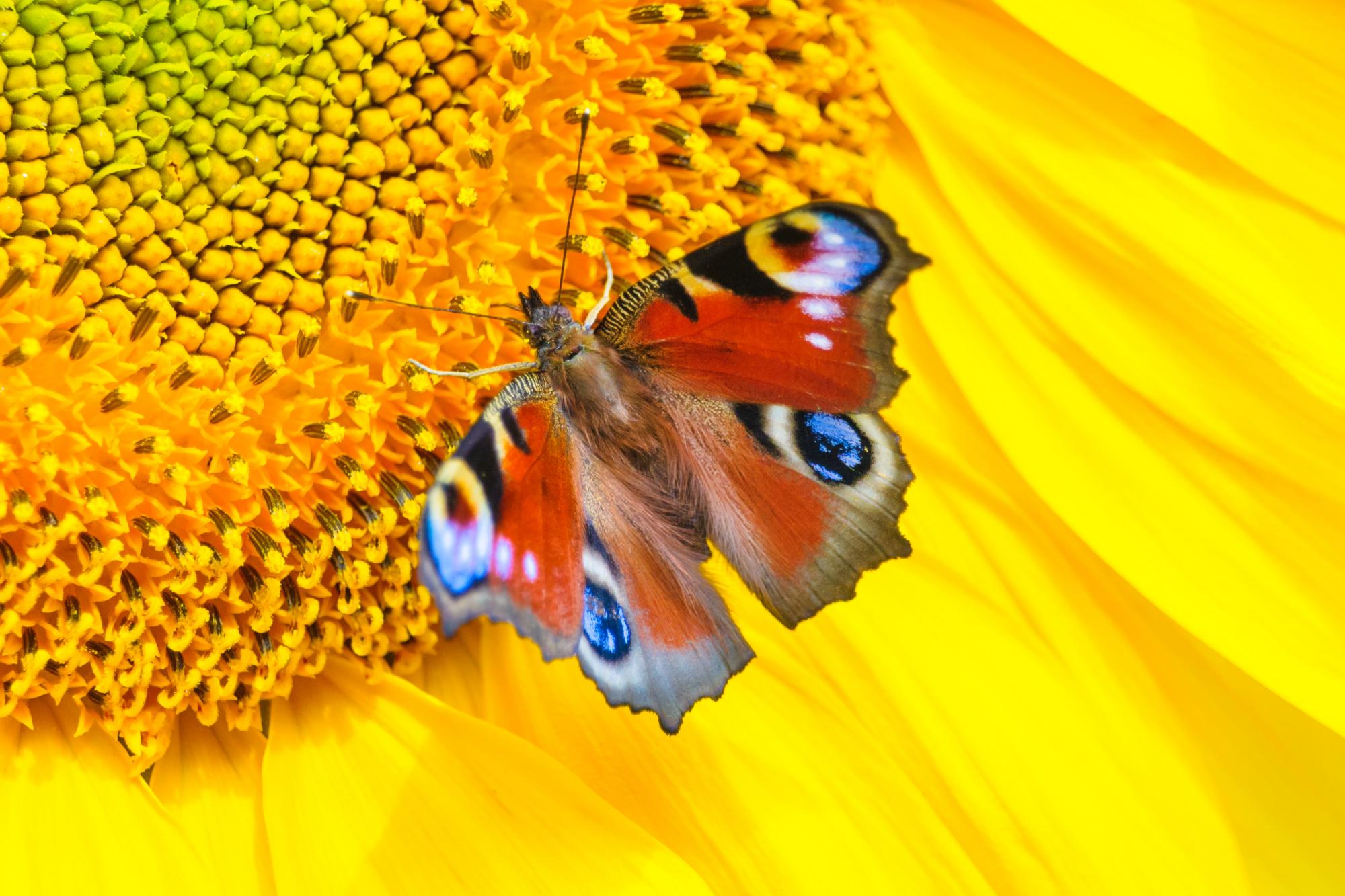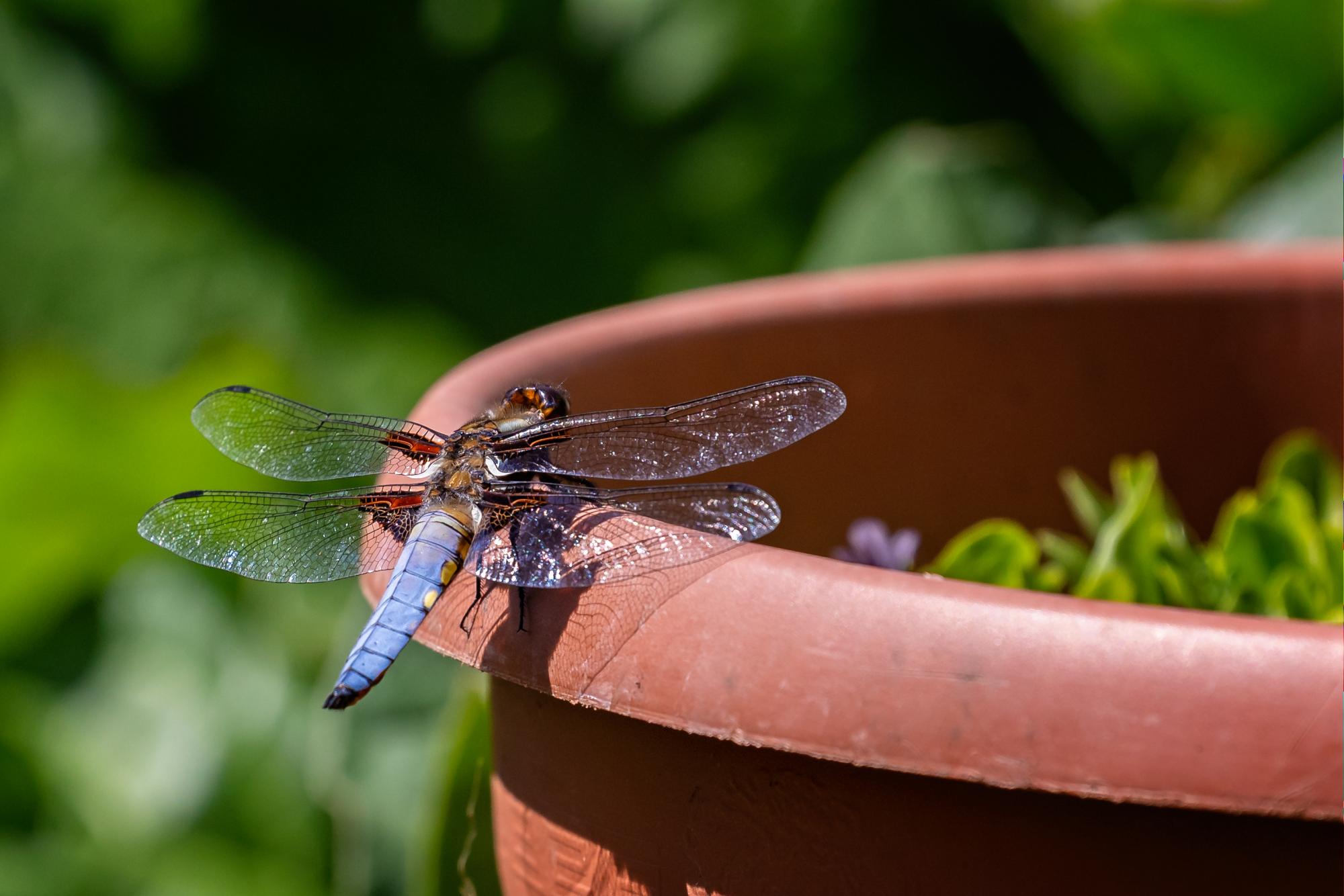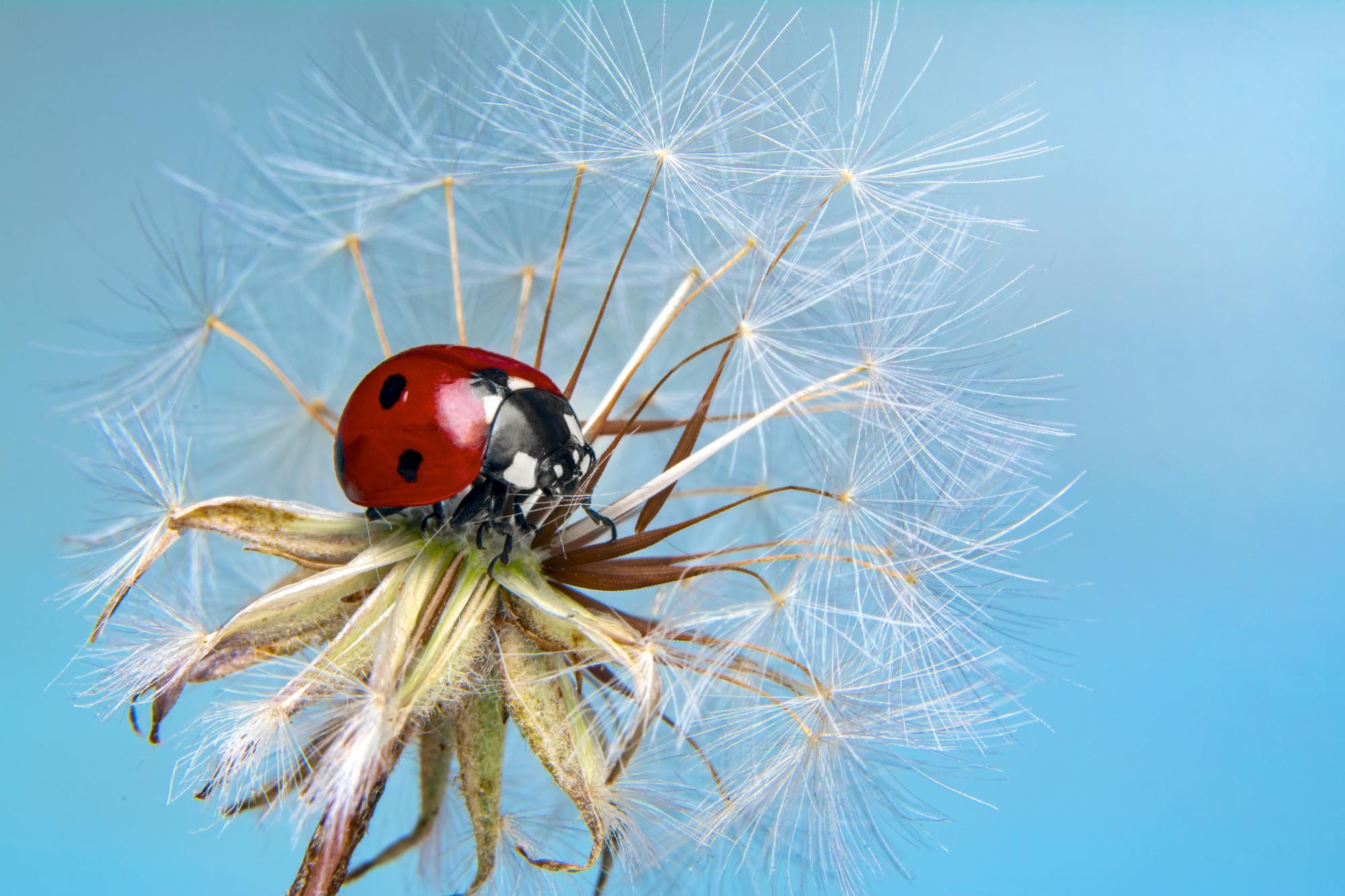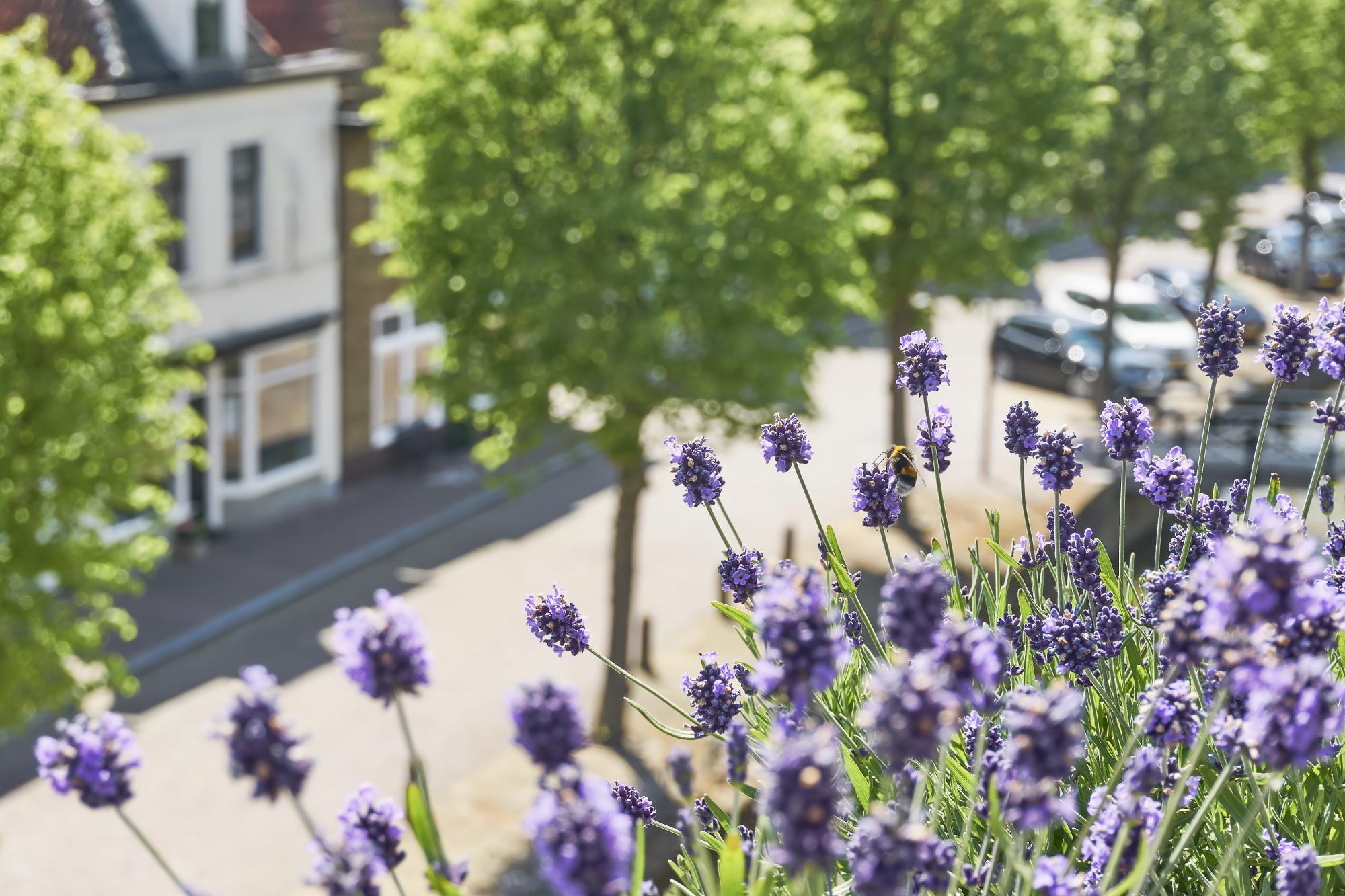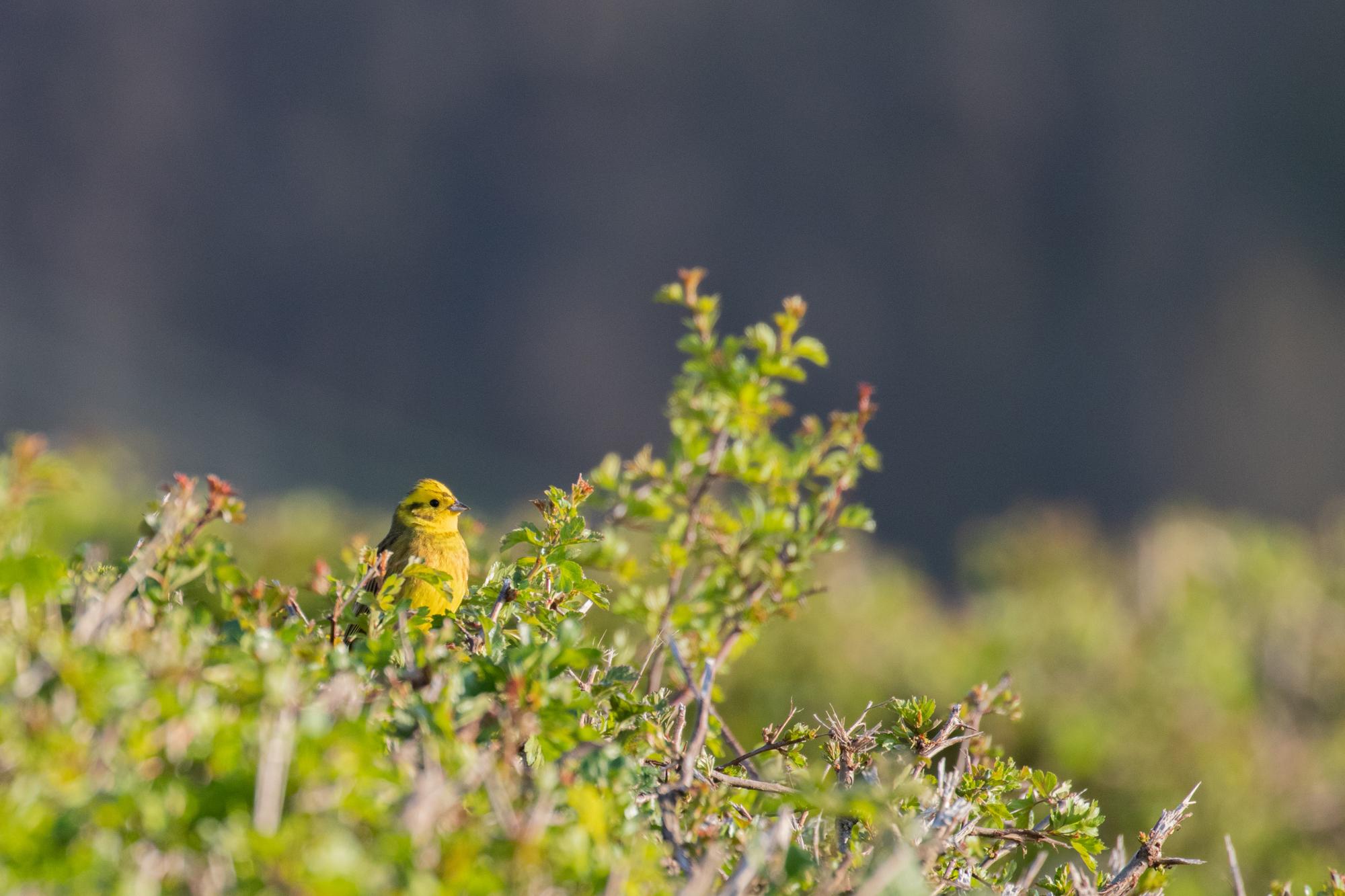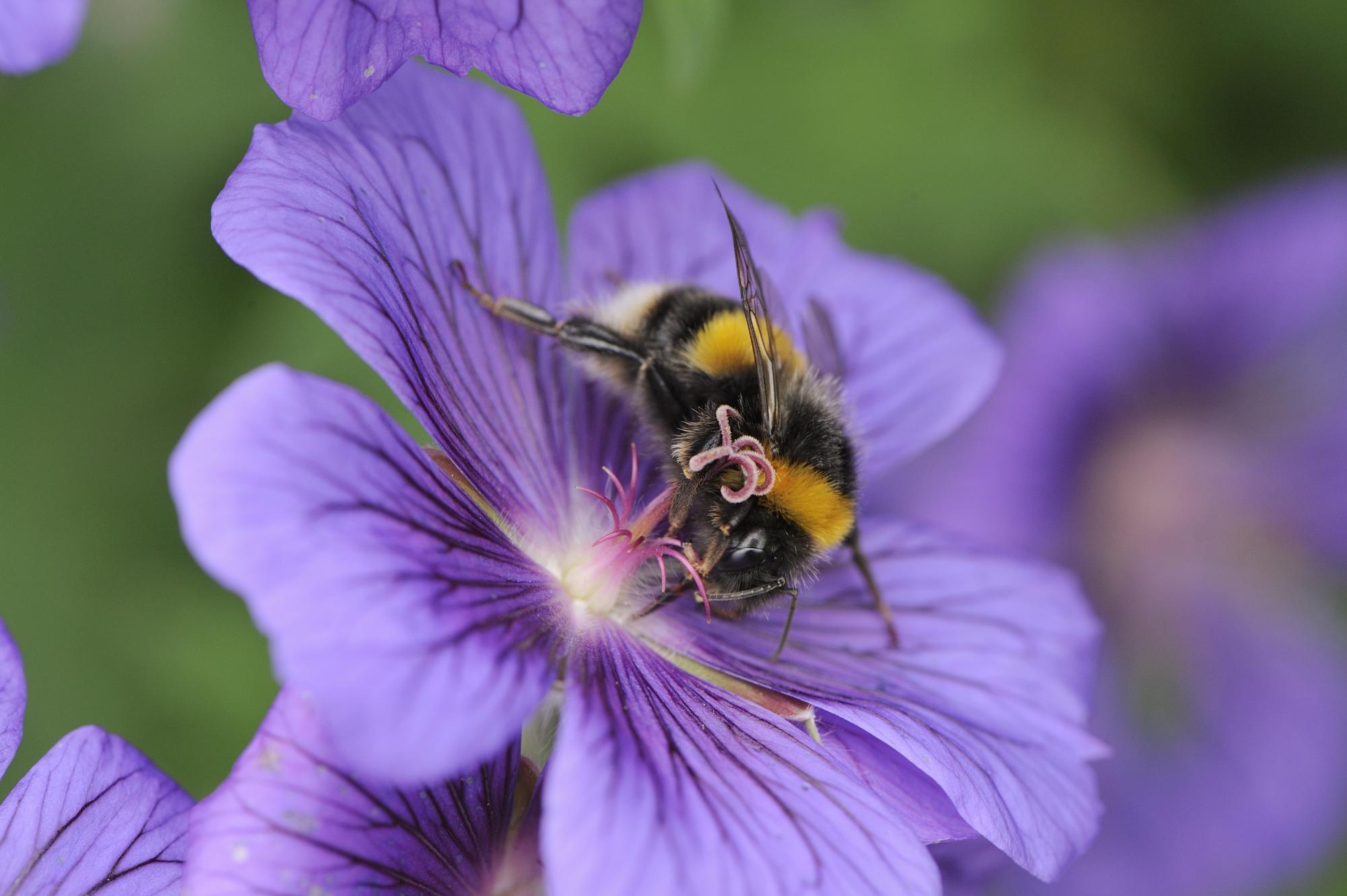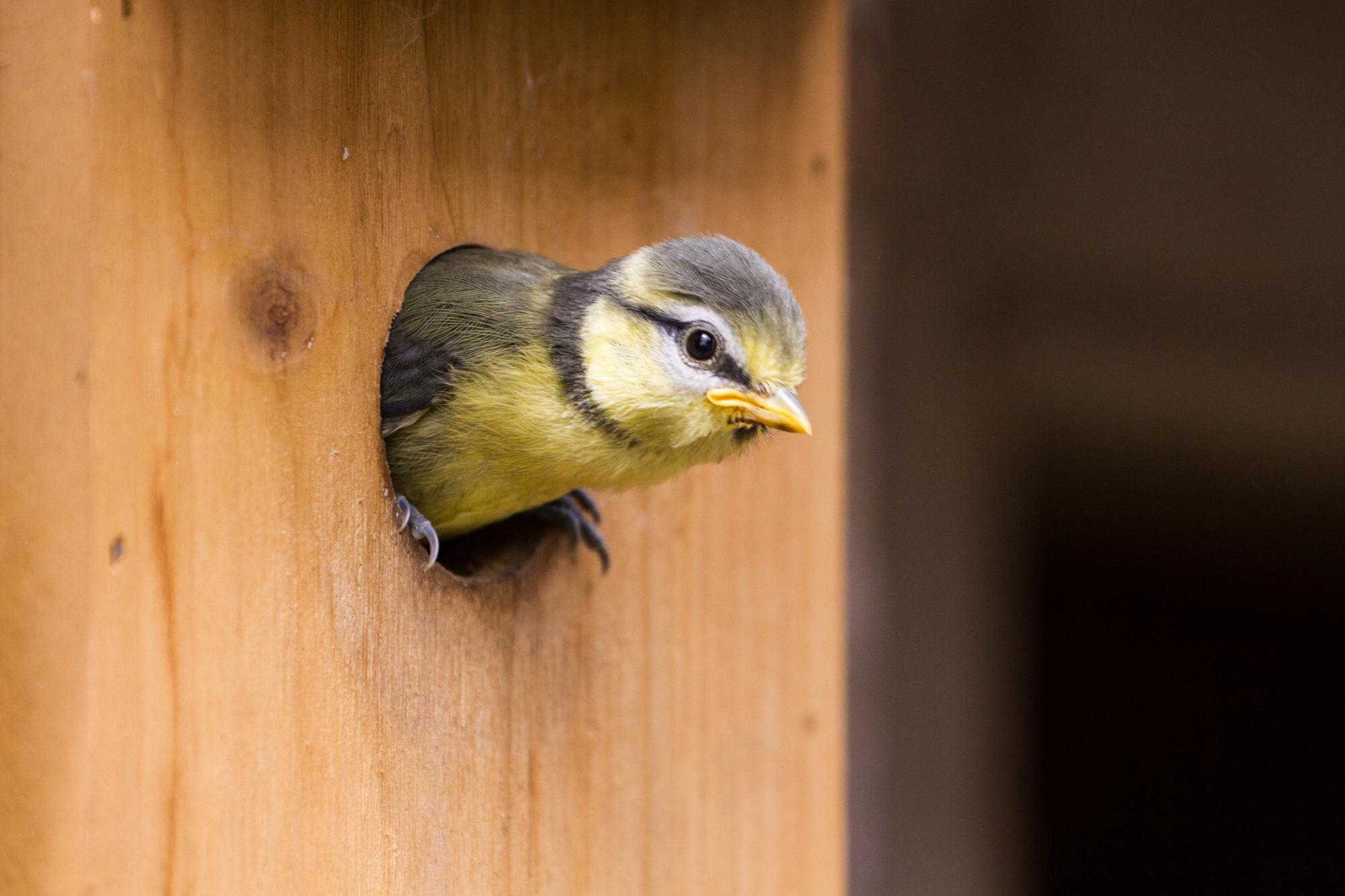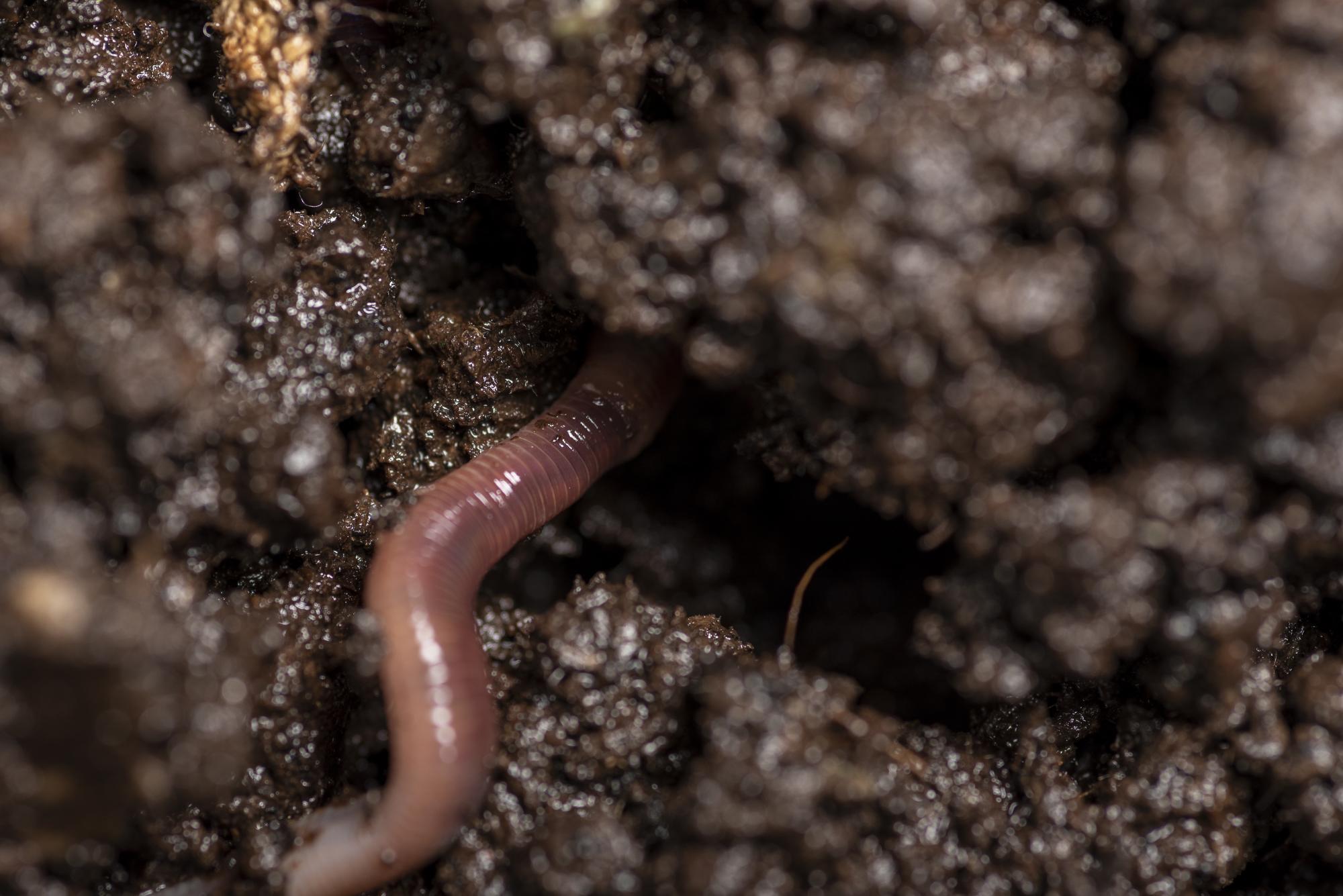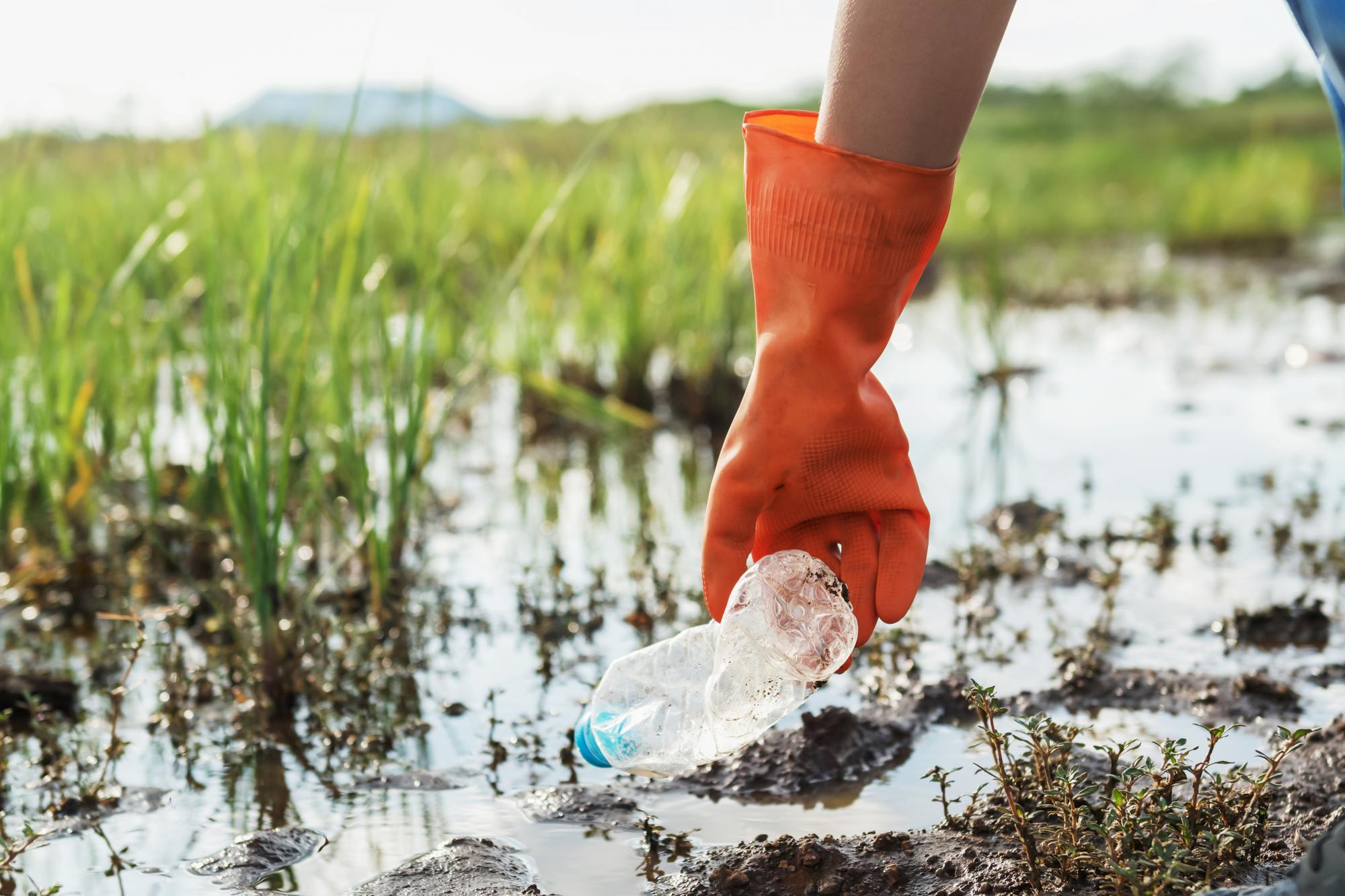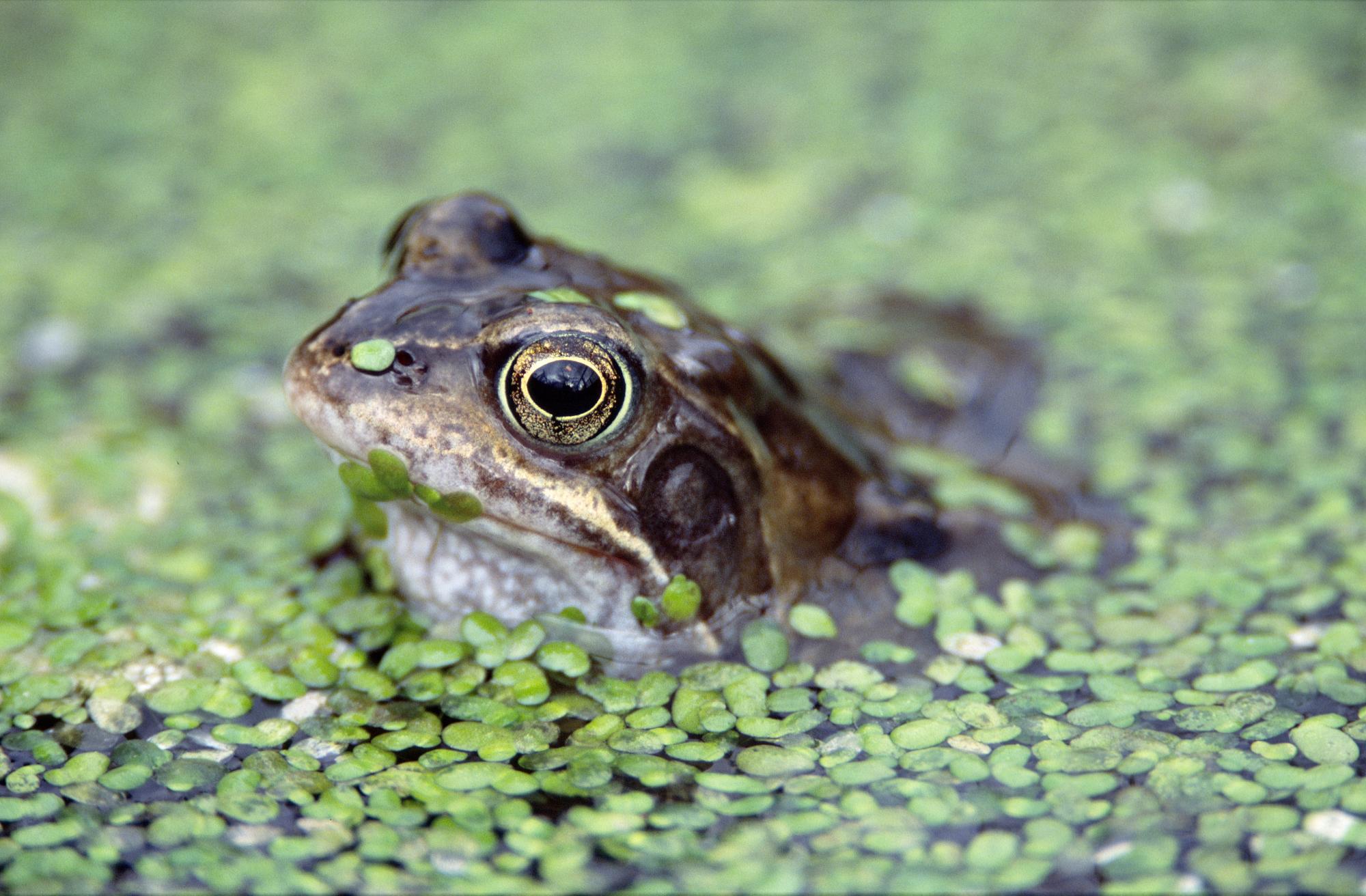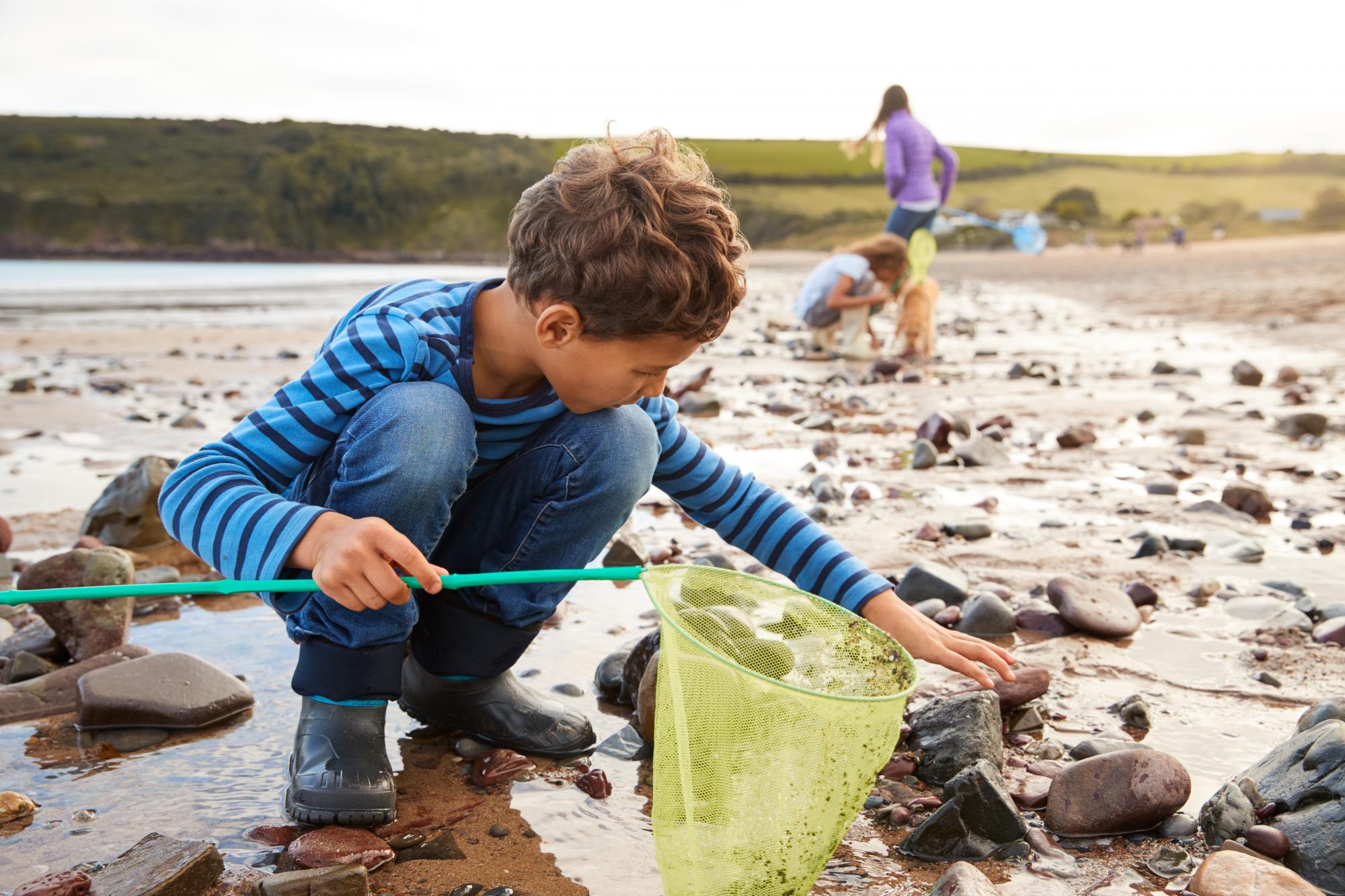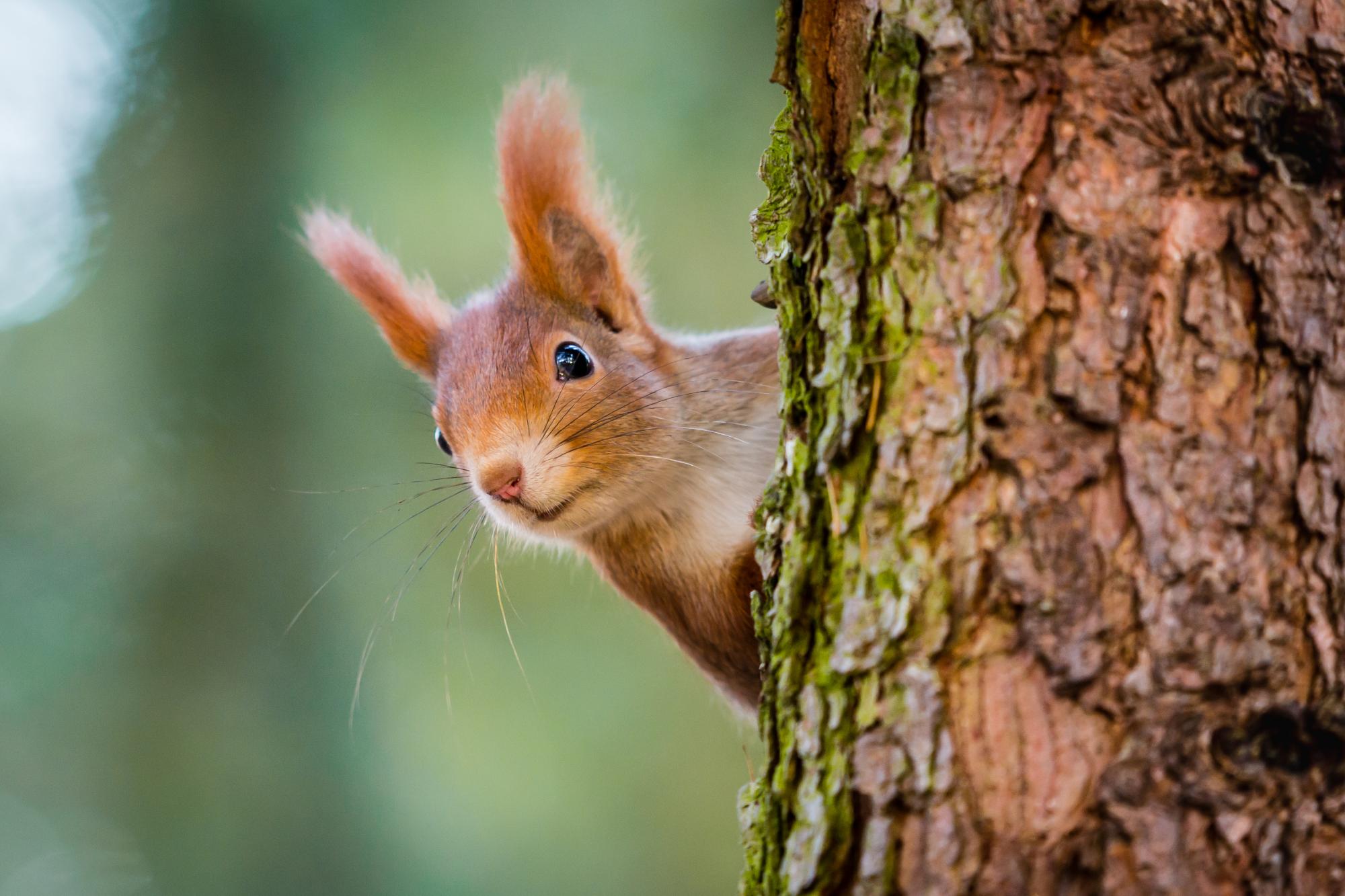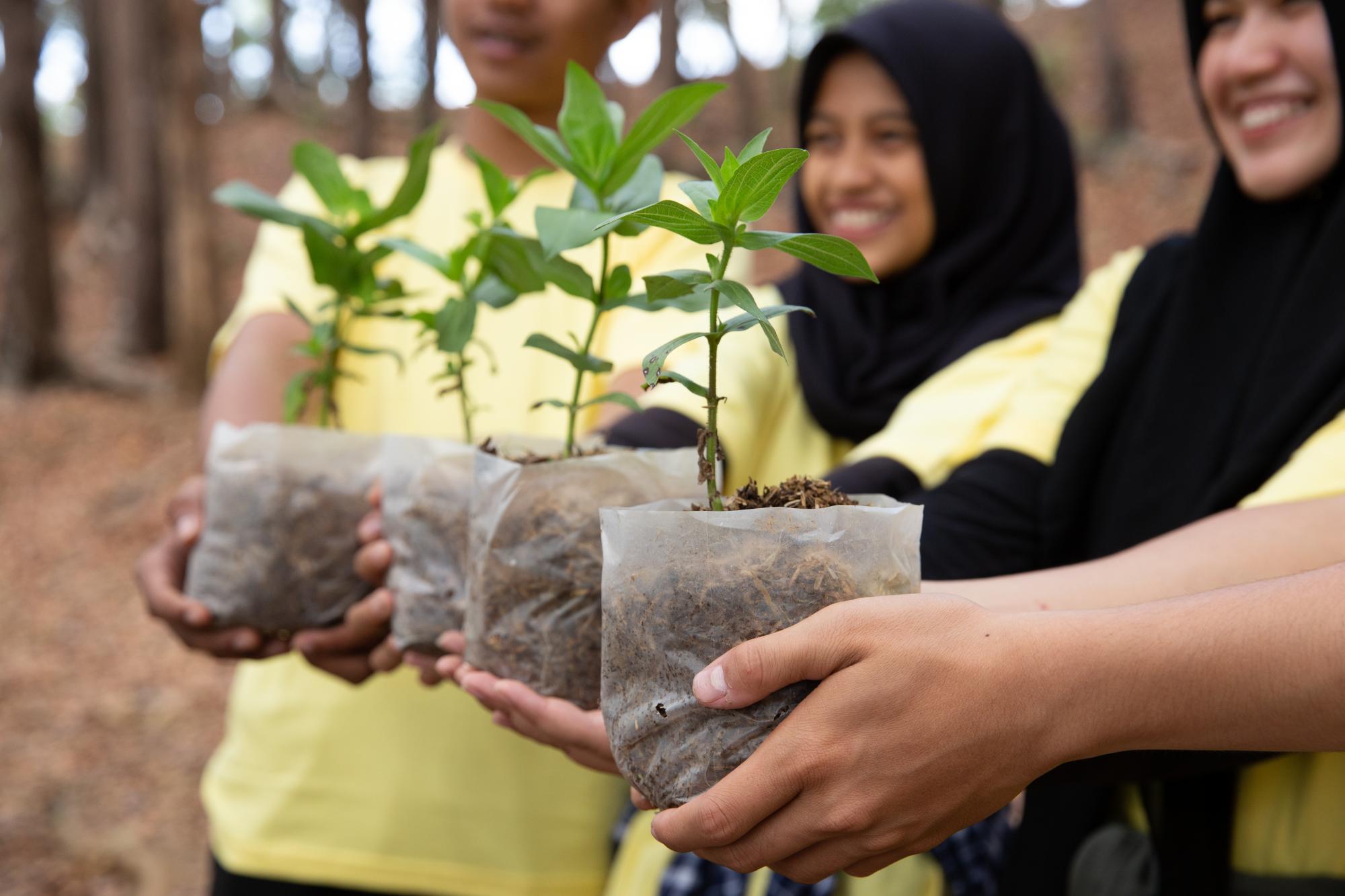Help nature this summer: five ways for five weeks
Leugh ann an Gàidhlig / Read in Gaelic
Connecting with nature brings happiness, improves our well-being, and inspires us to protect wildlife. Given the urgency of climate change and nature loss, this bond is vital for meaningful change.
The University of Derby suggests five ways to be closer to nature: through sensory exploration, appreciating nature's beauty, finding an emotional bond, sharing experiences, and showing compassion for nature. This summer commit to five ways to make space for nature each week: pick practical actions from the list below, or make up your own; listen to birds, smell flowers, photograph insects, recall cherished outdoor memories, practise mindfulness or listen to our podcasts outside. Engaging with nature brings us closer to it.
1. Go natural
Help alleviate flooding by avoiding artificial grass, paving or decking. Artificial grass blocks access to soil for insects and birds, has no climate benefits and isn't actually maintenance-free. Make the best use of rainwater and reduce hosepipe use by capturing and storing rain in water butts - use it for washing cars, bikes, or external bins too.
2. Create corridors
Add flowering pots or window boxes to encourage pollinators. If you have a garden reduce mowing to create an undisturbed wildflower patch, otherwise encourage your council to do the same at suitable greenspaces. These create natural corridors for wildlife to move through towns and cities, and will continue to be important as our climate changes.
4. Start small
Many plants do well in containers such as window boxes, pots and hanging baskets. Herbs such as lavender, rosemary, sage and thyme are popular with pollinators, and brighten life up!
5. Hedge not fence
Hedgerows offer a habitat that fences can't match. Plant flowering trees and shrubs such as hazel, willow, blackthorn and hawthorn - these also allow wildlife to move through gardens.
6. Share cuttings
Plants and seeds can be expensive, but for many pollinator friendly species, existing plants can be divided or new plants can be grown from cuttings and shared with friends and neighbours.
7. Be a lazy gardener
Allow vegetation to dieback naturally - leave twigs, leaves and natural debris as shelter for insects and other wildlife. Leave seedheads - a food source for birds and homes for insects.
8. Help local birds
Add a bird box and feeders to your garden or outdoor space. Feeders that attach to windows are available, and are a great way to observe local birds, particularly if you don't have a garden or are housebound. Chicks need protein to grow quickly so having more flowers to attract insects helps, and adding meal worms to bird feeders provides a snack for hungry chicks!
9. Feed the soil
63% of the total carbon locked in our soil is found in our peatlands - help conserve them by using only peat-free garden products. Use local farmyard manures and composts, or make your own. Avoid pesticides – great alternatives are available. Take a closer look, observe the wee beasties helping recycle our waste, control pests, and keep the nutrient cycle running.
10. Litter pick or beach clean
When outdoors take a bag and pair of gloves and, where safe to do so, dispose of litter you find. Whether in our oceans, parks, rivers, or woods, it's dangerous to wildlife - animals get trapped or try to eat it. Much of our waste doesn’t biodegrade so will stay in our natural environment for years! Get neighbours, friends and family involved and clean up your area.
11. Provide water
Ponds attract wildlife such as frogs, bees, newts, and birds, and also help sustainably manage water in intense rainfall. A pond doesn’t have to be a big outlay, even using a washing up bowl of water or saucer of water on a windowsill can help. Add twigs or stones for somewhere insects can rest above water.
12. Explore underwater
With 41% of Scotland’s population living within 5km of the coast, there’s likely a great rock pooling site near you. Walk or cycle your net and buckets to the water’s edge and see what you can find hiding between the rocks. Remember to put anything back you find.
13. Be a citizen scientist
Get involved in this fun way to help your favourite wildlife. Submit sightings of birds, frogs, butterflies and more to let us know where wildlife is (and isn’t) and contribute to biodiversity and climate change research. Find something suitable on our list of projects.
14. Volunteer near and far
This can be a fun way to make a difference, meet new friends and get outdoors. Find out more about our volunteering opportunities, or search on the Volunteer Scotland website. Take inspiration from projects helping communities manage their local green spaces or start your own.
